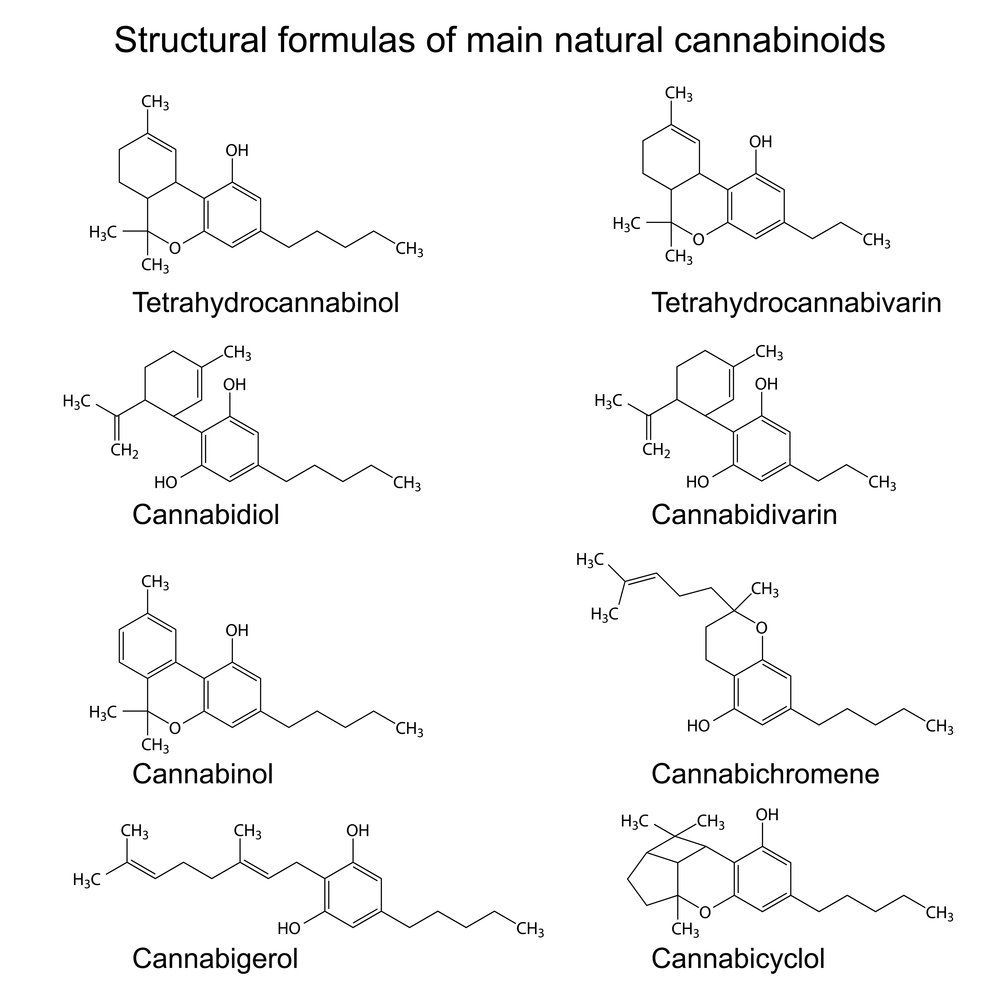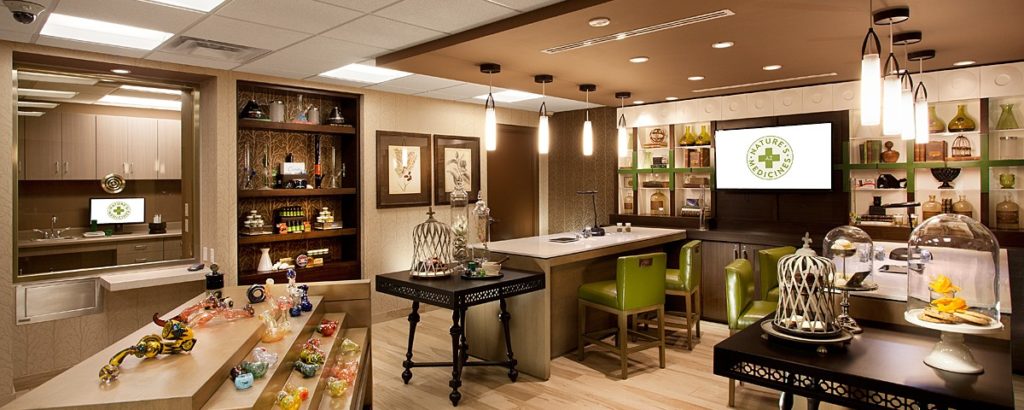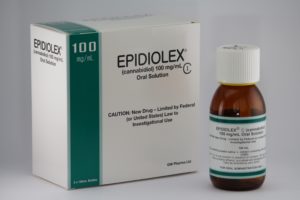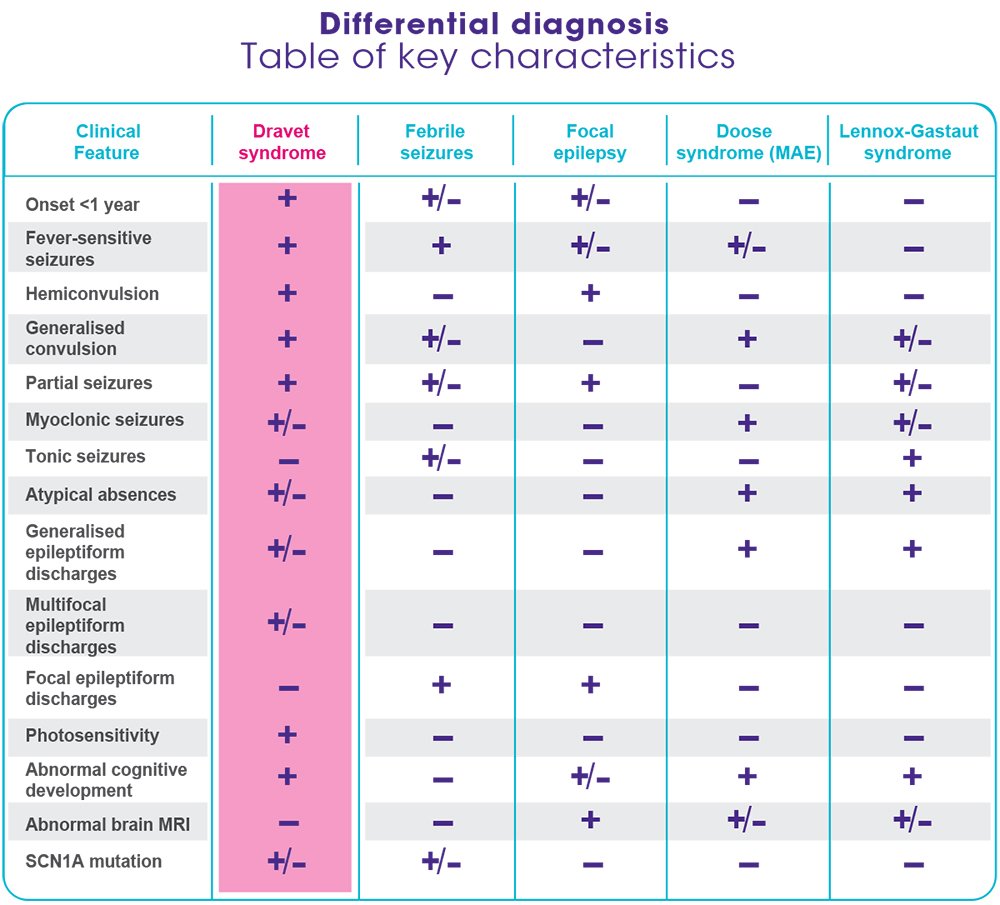April 20th is a ‘holiday’ of sorts in Colorado called “4/20” and events generate thousands of visitors who go to various parks all over Colorado and some smoke pot in an effort to promote its legislation. It’s a week long event celebration of sorts and it’s big business for the Mile High city! There are signs about 4/20 events on every street corner starting weeks in advance. I have become desensitized to the ‘party’ over the years and have never attended. It’s not my bag! But this year, I can’t help but wonder if a shadow is cast upon the events, because a new pot-related drug is coming to town… to every town but ours.
In case you haven’t heard, the FDA has just approved a medication derived from pot, and it will be sold as a prescription drug.
As a pharmacist for almost 30 years, I never thought I’d live to see the day when an advisory committee to the Food and Drug Administration (FDA) unanimously voted to recommend approval of the pot-related drug, known as Epidiolex.
It is making some people scratch their heads in wonder, for many reasons:
1. Does this mean pot is legal? No
2. Will this drug be sold at stores without a prescription? No, it requires prescription.
3. Is it going to make people high. No.
4. Is it better than naturally-occurring cannabis drugs sold at dispensaries. No, that’s just my humble opinion.
5. Is pot, cannabis and marijuana three different things? No, it is all the same.
6. Will the drug impact the bottom line sales for cannabis sold at dispensaries. I seriously doubt it!
We health care practitioners frequently choose to use the term “cannabis” for medical forms, and “marijuana” or “pot” or “weed” when it pertains to recreational use. It’s all the same thing, a plant that grows naturally all over the world, and it has for eons. We’ve come a long way from the days of Reefer Madness, a movie made in 1936, and then re-made in the 70’s intended as satire.
The FDA’s move to prescriptionize a cannabis-related drug is stunning to most, but to me, it’s not a surprise considering the pressure they’ve been under these past few years. You see, parents of children with serious seizures have been all over regulatory agencies, such as the FDA, for years because conventional medicine like benzodiazepines, phenytoin, valproate, gabapentin and/or carbamazepine wasn’t always clinically successful. In fact, some of those drugs were not only ineffective, but harmful. I have another article entitled, Protect Your Brain from Seizures Naturally. You can read that by CLICKING HERE.
Some drugs like carbamazepine (and others) work by depleting folate, a natural B vitamin, that’s their mechanism of action. It’s not something you want to restore either, as it might inactivate the drug! I wrote an article about this well-documented depletion. You can CLICK HERE to check that article out later. It’s an interesting read! Children were becoming seriously injured or disabled from seizure-related accidents. Many died in their mother’s or father’s arms. Families were going bankrupt. Somewhere along the way, word got out that an extract called CBD (cannabidiol) from the cannabis sativa plant (ie pot) could stop the seizures and make some of these kids go from catatonic, to normal with one special cookie!
CBD is just one of about 115 different biologically active cannabinoids identified in pot. You can see a few other commonly studied cannabinoids in my graphic here.

CBD (cannabidiol) is the major phytocannabinoid in the pot plant, because it accounts for about 40 percent of the plant’s extract. There are wheelchair bound kids that started using CBD products (the ones available right now) that suddenly could get out of their wheelchair and start playing soccer or la crosse and so forth. This plant stopped kids from experiencing dozens of seizures per day. Parents watched their kids get their life back from an herbal (natural) product, not a drug.
So… many loving parents have turned into activists, and have been doing all that they can to win over the federal government and legalize the non-euphoric portion of the plant (CBD) that helps their children feel better? Do you blame them? What would you do if you were in their shoes.
In comes Epidiolex.
The new medication will cause tremendous confusion and a little heartache in Colorado, which is the state I live in. I’ll explain why momentarily. The FDA approval of the drug is intended to treat rare and severe forms of epilepsy. It’s not being approved for recreational use.
The drug form will not induce a high either, because it’s pure CBD, not THC. Let me explain.
What Part Makes You High?
Cannabis, also called marijuana, contains two primary ingredients. One is psychoactive and it makes you feel high or stoned. This compound is THC, short for tetrahydrocannabinol.
The other compound does not cause euphoria in the brain. It is a strong anti-inflammatory and anti-cancer compound found in cannabis and it’s called CBD, short for cannabidiol. These two compounds (THC and CBD) naturally occur in pot, which is a “weed” by the way, and the ratios of THC to CBD differ drastically, depending on the species.
Plant growers have been able to manipulate the amount of THC and CBD in their plants, and the industry is a multi-billion dollar crop, especially in Colorado where dispensaries abound. By the way, plants and weeds impart more than a hundred different medications. Pharmaceutical giants turn natural compounds into prescription drugs by patenting a piece of the plant, or morphing it somehow. As a matter of fact, colchicine, digoxin, atropine, pseudoephedrine, codeine, vincristine and theophylline come to mind just off the top of my head.
Epidiolex is just the next drug in line, derived from a plant just like those I mentioned above.
Where Is It Sold?
For those of you who don’t understand, a “dispensary” is sort of like a pharmacy, but there are no drugs inside. These shops only carry and sell pot-related medications. The look and feel varies from shop to shop. Some look more shady than others… some look very high end. I’ve attached a picture for you to get an idea of one of the nicer, cleaner ones. 
Medical marijuana comes in various forms such as capsules, tablets, even candy, gummy bears, brownies, cookies, joints, juice drinks, ointments and salves as well as inhalable products for vaping.
In Colorado, where the laws surrounding cannabis are rather loose, you can walk into them straight away so long as you’re over age 21. You don’t need an appointment, think of walking into a drug store, or health food store… you just walk right in any buy what you want. They’ll help you decide on the ideal product based upon your ache or pain. But you cannot take a prescription for Celexa, Lipitor or Xanax in there, not even for Epidiolex which contains CBD.
Epidiolex is different from medical marijuana, because it does not contain any THC, it is pure CBD, and also because it is FDA approved, whereas marijuana is not. Epidiolex, like all other drugs, is patented and standardized. It is the most potent form of CBD currently available, but it’s not sold at dispensaries. Once it is prepared for commercial sale, it will come from pharmacies, and require prescriptions.
Dispensaries don’t fill prescriptions. There are no licensed pharmacists there either. Rather, there are trained experts in the arena of cannabis-related medications and edibles. I’ve been a pharmacist for 30 years and there’s no way I could get a job in one of these places despite my license, they only hire experts in the field of cannabis, of which I’m not.
The governor of Colorado, John Hickenlooper, signed a bill in 2013, allowing retail sales of cannabis and since then, there have been dramatic spikes in adolescent consumption, people driving while high and a horrific 145% increase in fatal car crashes due to marijuana-impaired drivers (between 2013 and 2016). Can this be directly attributed to the legalization of marijuana?
For the record, I’m too much of a control freak to ever get involved with pot, I just don’t like the idea of it! Plus, the aroma is off-putting to me. But I don’t think it’s nearly as harmful as some prescribed medications. I also understand that people who are chronically ill, suffering needlessly, terminal or dying of cancer, brain tumors… dealing with chronic pain … well they might genuinely need it!
Drugs from the pharmacy may not work as well, or might have addictive properties. Parents watching their kids suffer with seizures must feel so helpless and I am a mom myself so again, I understand all of this. My children are adults now, but if they were young and had seizures, I would never want to be judged for trying to help them or save their life by using cannabis.
So I do not pass judgment to anyone who uses pot medicinally. It should be used responsibly. I’m aware that it’s available in many states and taken by millions of folks who have a Marijuana Medical Card. I’m also aware that in my state, it’s the number one recreational drug, and while it’s not for me, I can’t keep my head in the sand, it is literally wafting everywhere!
Don’t drive on it okay! Please stay off the roads and highways if you’re using it recreationally, reason being, it’s unsafe to you and others on the road. It can impair your reflex time and cause you to hurt (or kill) other people in a similar way to texting while driving, being distracted in an argument for example (or phone call), or driving while drunk or intoxicated with prescription pills. As a matter of fact, my brother-in-law Eric, died from complications that impacted his brain after a stoned young girl drove her car into his motorcycle. His suffering and brain damage persisted for years, and it was all brought on by getting hit by a girl who was impaired from marijuana, on a Florida highway after she rammed into him and his friend, killing his friend instantly 🙁
Florida sells pot by the way, this is relatively new. It is now decriminalized there and some counties in Florida have ordinances that legally permit you to have 20 grams or less. It depends on the county, and the officer who catches you with it. Even though Florida and many other states are more relaxed about cannabis, it is nothing like Colorado where it’s on pretty much every street corner!
You Have “Pot” Receptors
Cannabis plants impact the cannibinoid receptors in your body. Surprised to hear you have pot receptors on trillions of cells in your body? Well, you do! It’s what’s called the endocannabinoid system. They’re not really pot/cannabis receptors, their more like “cannabinoid receptors” meaning they fit the endocanninoid system in your body. A lot of people don’t know they make endorphins with this name.
You see, you kind of make your own form of ‘cannabis’ every single day, and these naturally-produced endorphins bind to the cannabinoid receptors in a similar way as if you had smoked it! These cannabis-like compounds that you create in your own body make you feel well and happy. Again, it is termed the endocannabinoid system and it keeps you from feeling depressed. It evolved in primitive times, over 600 million years ago.
If you didn’t have cells and receptors that fit cannabinoids, you’d be suicidally depressed, and for that matter you’d be dead. The endocannabinoid system in the human body is extensive.
It is the most important metabolic system in your body, and it’s especially active in your brain, connective tissues, immune cells and gut. Your own cannabinoids stabilize you and make you feel happy. These naturally produced compounds cause cancer cells to ‘go bye-bye,” meaning it turns on a metabolic pathway known as “programmed cell death.” It causes cancer cells to die. This is why pot, which works in the endocannabinoid system, has long been known as an underground treatment for cancer.
The death of cancer cells from programmed cell death (termed apoptosis) is what allows you to survive despite your daily interactions with known carcinogens. Again, this is from your own endocannabinoids, the ones produced in your body every minute of the day. Your endocannabinoid system is important to keeping you alive, calm and happy. It improves your social skills and impacts human behavior on the level of creativity, humor and open-mindedness. When balanced, it is this part of your body that promotes sharing and learning. The endocannabinoid system induces neuronal plasticity helping you with memory, cognitive function and attention. It helps minimize pain, increase pleasure and endorphins, all the while improving homeostasis.
The 2017 Pot Rush
Anyway, Colorado-based dispensaries have been in business for decades, and we are experiencing a population explosion in my state, primarily because of the recent laws that changed, causing us to have a “Pot Rush” which is akin to the Gold Rush in the 1850’s … except now the commodity is weed, not gold. Currently, if you are an adult, at least age 21 years old, you can now legally possess 1 ounce of marijuana in Colorado and there are some retail stores that sell it, in addition to dispensaries.
But in Colorado, Epidiolex will not be available at least, not anytime soon. This is a pure CBD drug that has received FDA approval to be sold in pharmacies, just like other drugs sold at places like Walgreens, Target, CVS, Costco and independent pharmacies. It will be sold and dispensed by licensed pharmacists, and it will require a prescription from a physician, more than likely a pediatrician since this drug is aimed at children. The problem with Colorado is that dispensaries and pharmacies have co-existed for years and years.
It will be on sale in the next few months, at every pharmacy in the country, except those in the state of Colorado! It is ironic, considering the lenient laws on cannabis we have had for decades!
If Colorado is so lenient about selling pot, why won’t the pot-related drug be allowed?
1. Because Dispensaries can’t sell FDA approved drugs, like Epidiolex.
2. Because Pharmacies in Colorado can’t sell cannabis-containing products.
So now what?
This puts Colorado residents who have children with epilepsy in a precarious situation.
Certainly, you can buy CBD containing products (similar to Epidiolex) at dispensaries, but they are not nearly as strong and might contain some THC.
If your child is having 20 or 50, or 100 seizures per day, you will likely want the Epidiolex, and at this point, have to move out of Colorado! It’s such a weird conundrum because many families moved here to gain easy access to medical marijuana at our dispensaries (and thus help their child) but if they want this drug, they now have to move out to any other state in the union, that sells it from a pharmacy. The prescription drug Epidiolex is made from 98% pure cannabis, the non-psychoactive form of pot. It’s made by a British pharmaceutical company called GW Pharma. You can go their website by CLICKING HERE.
While there are non-prescription versions of high CBD medications… similar to Epidiolex, I’m convinced that most of you will want that FDA-approved, white-coat dispensed ‘sanctioned’ drug, not a copy cat from a dispensary where production may not be standardized.
Options and Considerations
1. Parents in every state except Colorado can go to pharmacies to buy Epidiolex, once it is approved and shipped to pharmacies, probably by July or August 2018. You will need a prescription from the doctor so that your pharmacist can legally fill it. Keep in mind, some physicians will not want to prescribe a cannabis (pot) related drug to you. It depends on their convictions.
2. Parents in Colorado (and other states where cannabis is decriminalized) can go to a local dispensary and get a similar product for their child. It just won’t be the drug version, it might be a little weaker, and it won’t have all the hoopla associated with medications such as clinical trials, statistics, tv commercials and other such things.
3. The other difference is that dispensary versions of high CBD strains (currently available) might contain a little THC, the pyschoactive portion of the plant. In other words, it is probably not a pure CBD extraction like you get from Epidiolex.
4. Severe forms of epilepsy should be fully evaluated by a qualified neurologist. No parent reading this article (or any other article) should take it upon themselves to self-treat with cannabis. For that matter, Epidiolex is a drug that carries a reported risk of serious liver injury at certain doses. Always ask your doctor what is right for you, or your child even if it’s a dietary supplement or cannabis-containing gummy bear. These things have widespread medicinal actions on your body.
5. Once approved, Epidiolex will come in a concentration of 100mg per ml, sold as a liquid with a dropper. Gauging the dose is imperative, start with the lowest effective dose, and follow your doctor’s  guidelines. It is ideally taken with food.
guidelines. It is ideally taken with food.
Like all other medications, it will be made to GMP (Good Manufacturing Practice) guidelines. This is a patented drug, and you can count on your product having a standardized dose from bottle to bottle. You will know what you get each time.
6. Epidiolex is not something you can get an exact copy of from a dispensary, at least not that I know of. You cannot get the same effects by smoking marijuana either!
This is a medication that is only approved to treat seizures, and it is different than Marinol (dronabinol), the other pharmaceutical that is currently FDA approved for chemotherapy-induced nausea and vomiting. This is a synethic form of cannabis, it is not at all the same plant. Epidiolex is more closely related to pot than Marinol because it contains CBD (which naturally occurs in cannabis), unlike Marinol which contains absolutely NO part of the pot plant.
Epidiolex will probably get secretly prescribed for many other painful syndromes and conditions, but technically, it is really only supposed to be ordered for seizure disorders such as Lennox-Gastaut Syndrome or Dravet Syndrome, in babies aged 2 years or older. See the graph below my article, if you’d like to differentiate between seizures, including Dravet syndrome.
7. Teens who smoke weed are not getting much CBD. If your teen tries to pull the wool over your eyes, be sure to know this: Smoking a joint or eating edibles from dispensaries confer a lot of psychoactive THC, as opposed to CBD which is what helps the seizures. A joint may or may not help with seizures, but certainly this is NOT what we are talking about today.
8. A high CBD plant will not make you high, and also, it does not induce a crave, nor does it induce a strong physiological addiction that prescription drugs cause.
9. Instead of cannabis sativa, please look into nigella sativa, this is otherwise known as Black Cumin, and it’s mentioned here in my other aritcle, 8 Incredible Medicinal Plants from the Bible. Just CLICK HERE to read that.
Can cannabis-related products and/or Epidiolex treat anything else? This question has to be answered in two parts because there are two answers.
Cannabis-related products can and do help with dozens of conditions, especially symptoms of insomnia, pain, autism, high anxiety, inflammatory (cancer) and autoimmune disorders. This is, in part, why Colorado is experiencing a Pot Rush!
As for Epidiolex, the FDA has approved it for one indication, that’s how drugs work, they get approved for a thing… an “indication” as in “disease.” So while it can absolutely help many uncomfortable pain syndromes in my opinion, the politically correct pharmacist-approved response that I’m permitted to share with you today is that “Epidiolex can only treat intractable seizures in kids 2 years old and up, ask your doctor if it’s right for you.”
In summary, Epidiolex is different from medical marijuana, mainly because it does not contain any THC whatsoever, and also because it is FDA approved, patented, and standardized. It is the most potent form of CBD currently available, and finally, it is not available at dispensaries. Once it hits the US Market, it will only be available at pharmacies nationwide, with the exception of pharmacies in Colorado.


Suzy Cohen, has been a licensed pharmacist for over 30 years and believes the best approach to chronic illness is a combination of natural medicine and conventional. She founded her own dietary supplement company specializing in custom-formulas, some of which have patents. With a special focus on functional medicine, thyroid health and drug nutrient depletion, Suzy is the author of several related books including Thyroid Healthy, Drug Muggers, Diabetes Without Drugs, and a nationally syndicated column.
